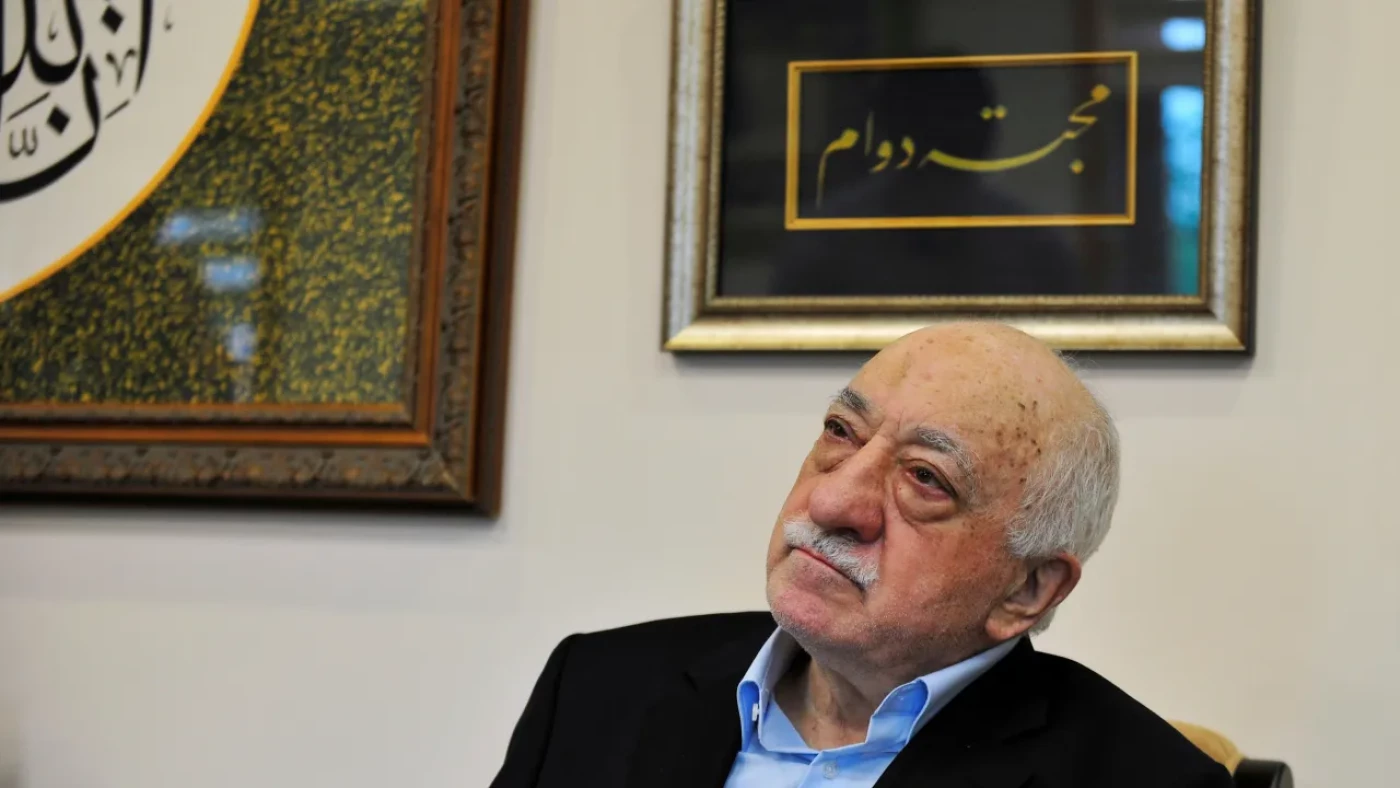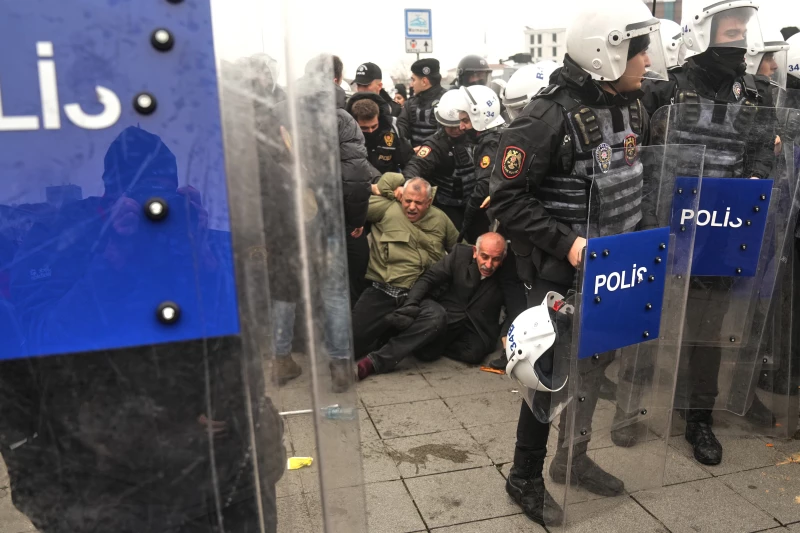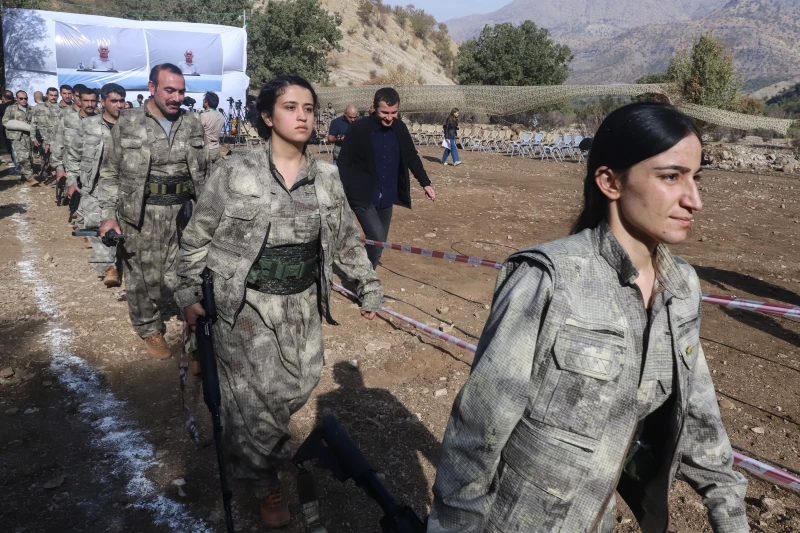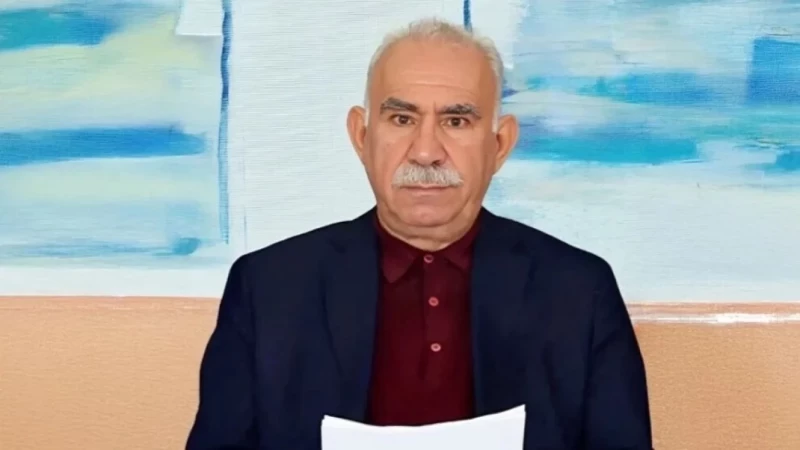ERBIL, Kurdistan Region of Iraq - The Turkish government on Monday officially confirmed the death of Fethullah Gulen, the archfoe of Recep Tayyip Erdogan, Turkey’s president, hours after it was announced in the United States.
"Our intelligence sources confirm the death of the leader of the FETO organization," Hakan Fidan told a press conference, using Turkey's term for Gulen's influential Hizmet organization which Gulen founded in 1969.
Gulen had lived in self-imposed exile in the US since 1999. He was the leader of the Gulen movement and had millions of followers in Turkey and worldwide.
Gulen, who died at the age of 83 in the US, had been accused by the Turkish government of masterminding a failed attempted coup in 2016, accusations that he denied.
A Turkish criminal court issued an arrest warrant for Gulen in 2016, soon after the failed coup of that year, and the Turkish government considered his movement a terrorist organization.
Ankara on numerous occasions demanded his extradition from the United States, but the US government frequently rejected the call, believing he was not associated with any attempted coup or any other terrorist activity, and asked for evidence from Ankara.
Gulen had once been a close ally of Turkish President Erdogan. But their ties spectacularly severed in December 2013 when several ministers and officials close to Erdogan were accused of involvement in corruption across the state institutions.
The deceased Turkish cleric has been described as a Muslim preacher who promotes a tolerant Islam and is considered one of the most important Muslim figures.
The deceased Islamic cleric, who was a wealthy individual, came to prominence in 1959 when he was appointed preacher at a mosque in Turkey's northwestern city of Edirne. He moved to Izmir years later where he set up student dormitories and would preach at tea shops and guesthouses.
The student dormitories were the turning point for him to grow his business over the following decades through education, business, media, and state institutions.
Gulen’s influence spread beyond Turkey’s borders. He began opening media, business, and education centers in the Middle East, including Iraq and the Kurdistan Region, the Balkans, Africa, and the West. Most of them were shut down upon the Turkish government's request following the 2016 coup attempt.



 Facebook
Facebook
 LinkedIn
LinkedIn
 Telegram
Telegram
 X
X


